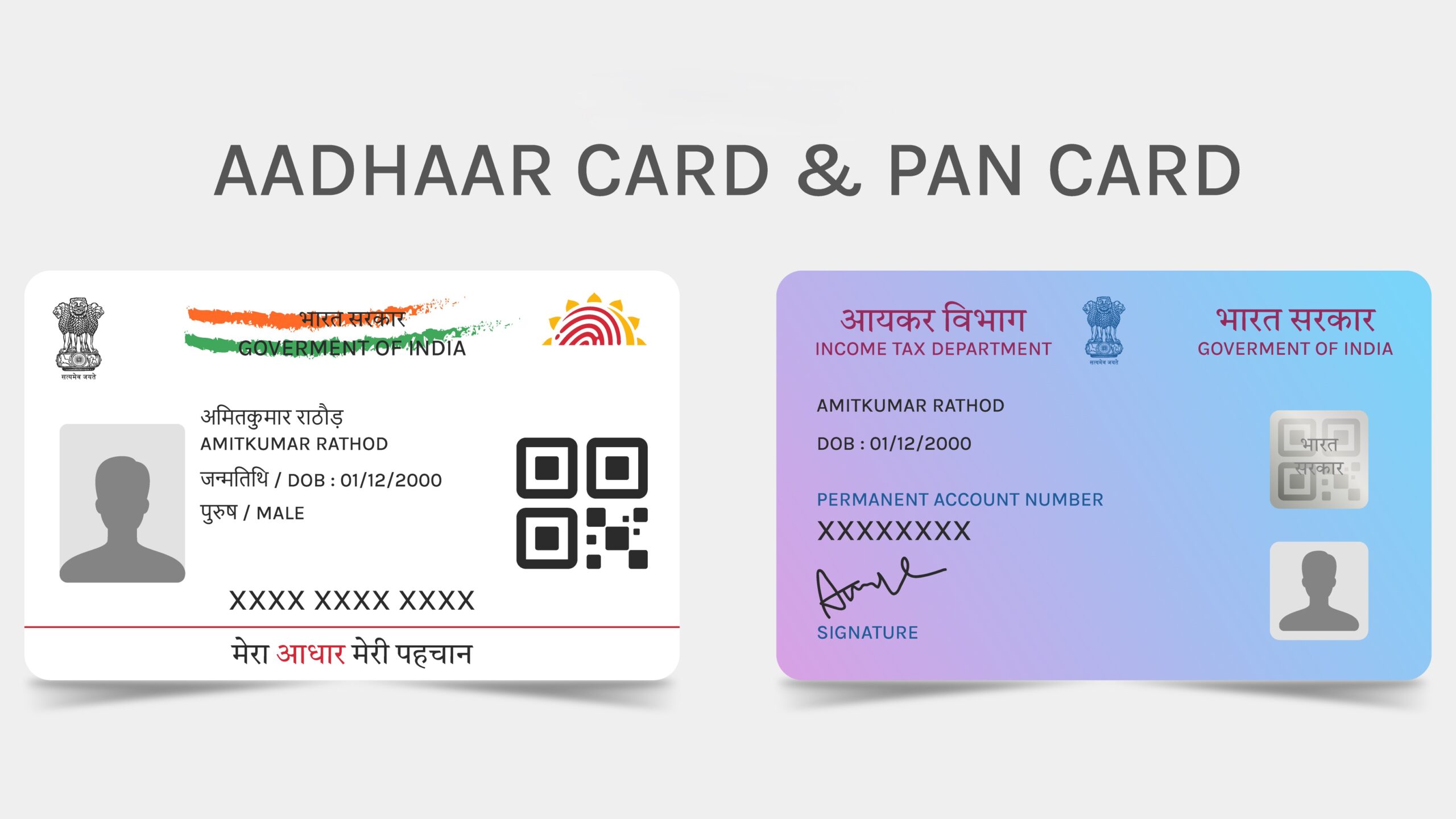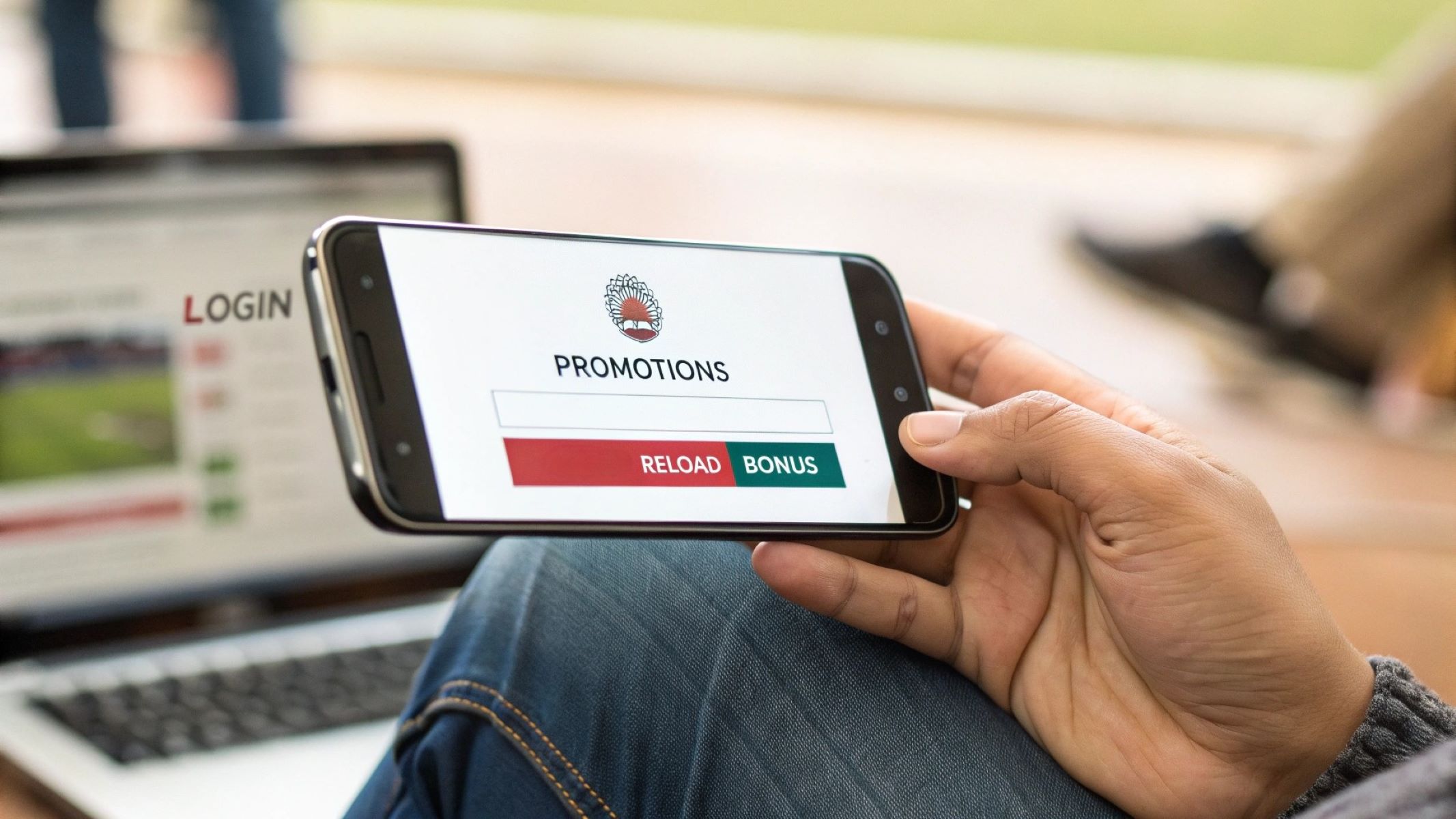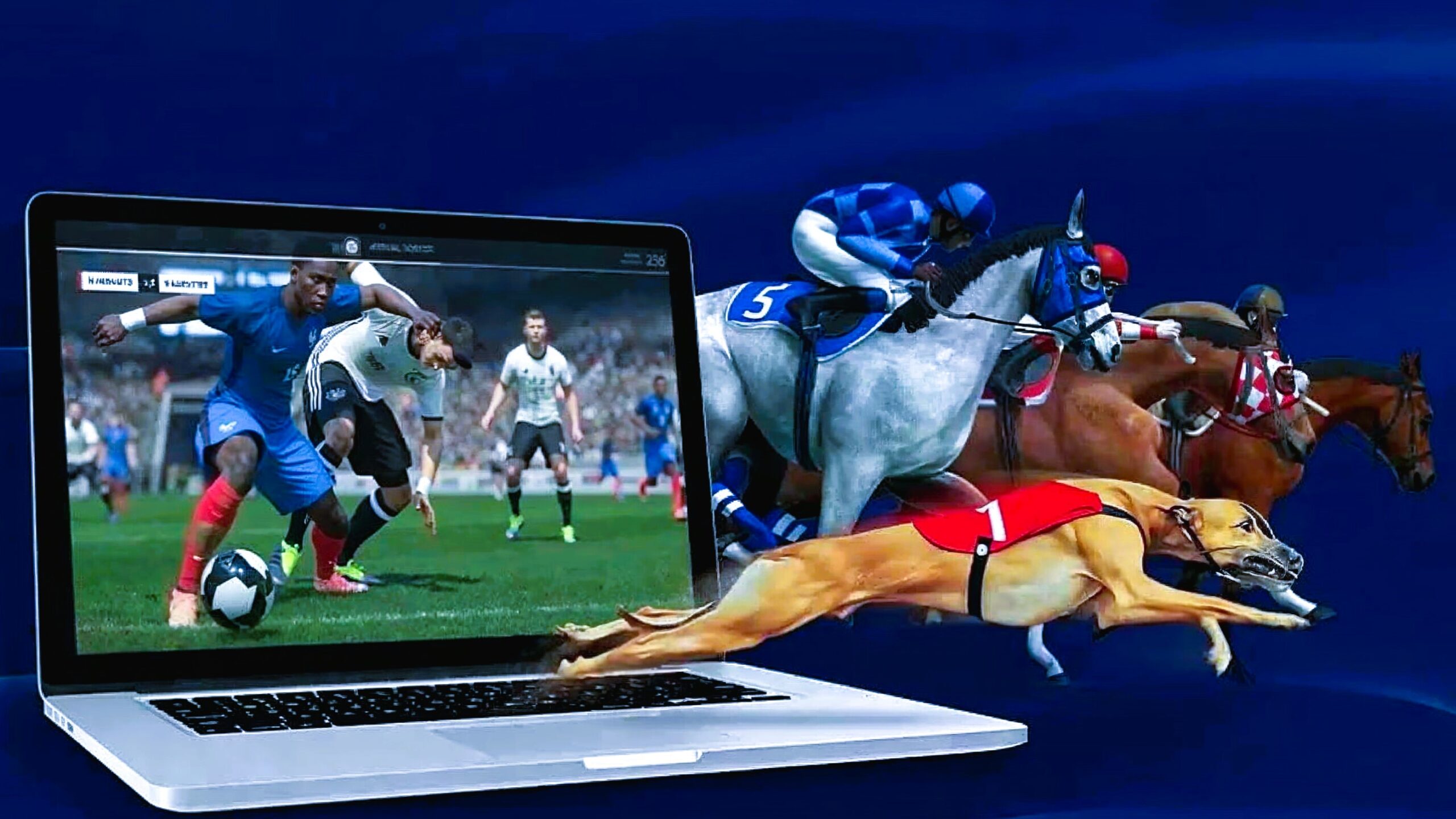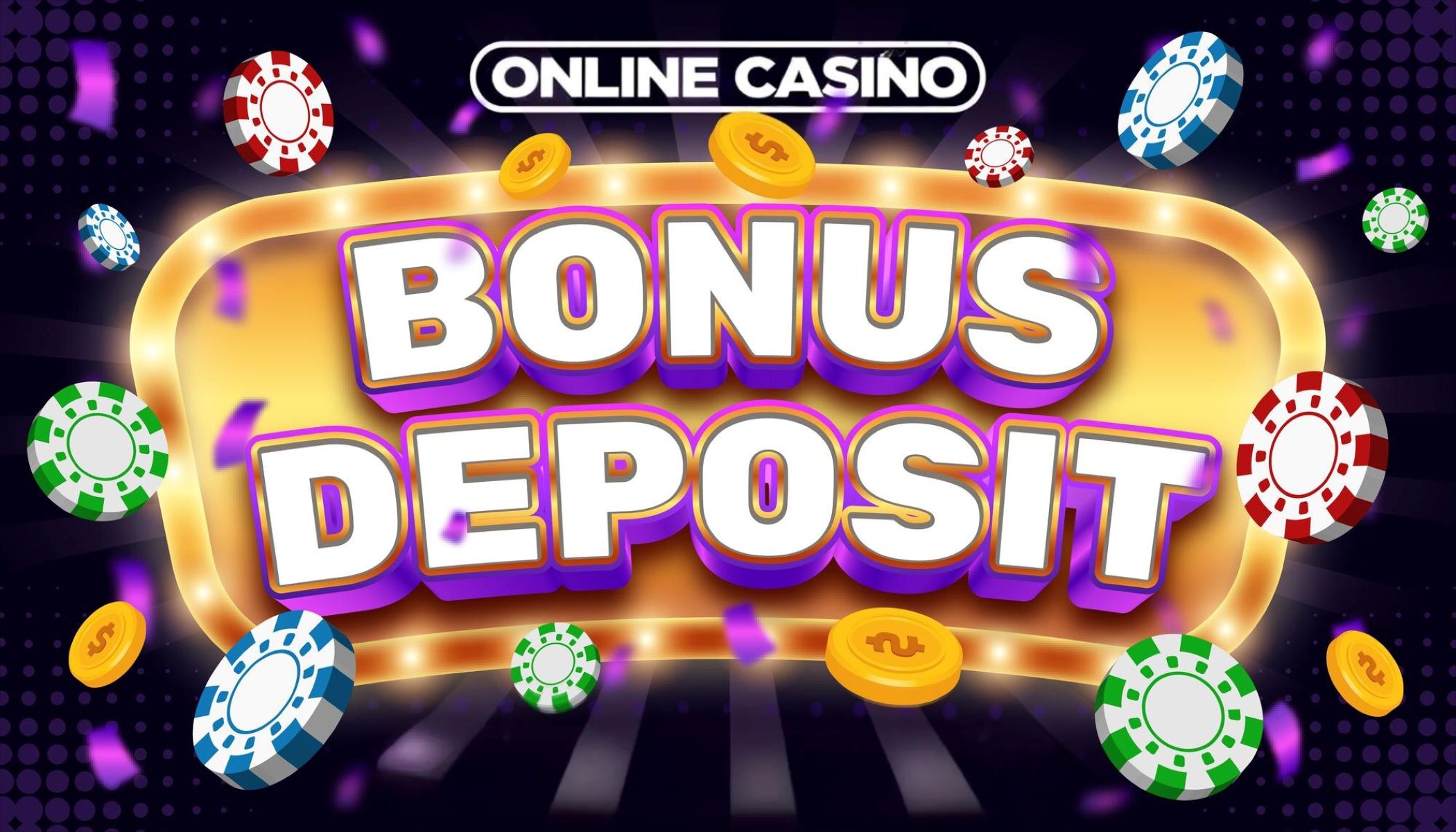With online casinos booming in India, it’s never been easier to dive into the world of real money gaming. But here’s the twist—while depositing your money is usually smooth sailing, withdrawing your winnings? That’s where things can get a little tricky. Most players don’t realize that Indian casino withdrawal verification is a mandatory step. And yes, it involves documents. Real, personal ones. But don’t worry, we’re going to break it down step by step so you’re not left guessing.
Why Do Indian Casinos Ask for Verification Before Withdrawals?
Let’s clear the air first: it’s not because they don’t want you to have your money. In fact, casinos are just as eager as you are to pay out your winnings. The real reason behind verification requests is rooted in legal requirements and a strong need to maintain a safe, trustworthy environment for everyone playing. When you sign up and start playing, casinos want to make sure they know exactly who they are dealing with, especially when real money is involved. This helps protect both the player and the casino from potential fraud or misuse.
Online casinos operating in India, and around the world, have to comply with strict rules like KYC (Know Your Customer) and AML (Anti-Money Laundering) regulations. These are not just random corporate policies but legal frameworks designed to stop illegal activities. KYC requires casinos to confirm the identity of their players, while AML rules help prevent criminal operations, such as money laundering, from slipping through the cracks. These laws ensure that all transactions are legitimate, and everyone involved is playing by the rules.
Imagine for a moment someone trying to use an online casino to “clean” money obtained from illegal sources. Without proper identity verification, it would be very easy for criminals to exploit these platforms as a way to funnel dirty money back into the financial system. By enforcing strict verification checks before allowing withdrawals, casinos act as gatekeepers, making sure that only genuine players receive their winnings. This system protects not just the casinos but also the entire online gambling industry from potential legal trouble.
In the end, these verification steps create a safer and more secure experience for players. It might seem like a hassle at times, especially when you’re eager to cash out, but it’s a necessary safeguard. By confirming your identity, address, and payment methods, casinos ensure that your money goes to the right place and stays safe from fraudsters. So, while it may feel inconvenient, this process helps keep the game fair and secure for everyone involved.
What Is KYC in Indian Online Casinos?
| KYC Aspect | Purpose | Documents Required | Why It Matters | Typical Verification Time |
| Identity Verification | Confirm player’s true identity | Aadhaar Card, PAN Card, Passport | Ensures player is who they claim to be | 24–48 hours |
| Age Verification | Confirm player is at least 18 years old | Date of Birth on government ID | Prevents underage gambling | Instant to 48 hours |
| Address Verification | Confirm player’s residential address | Utility Bills, Bank Statements | Required for legal and tax compliance | 1–3 days |
| Financial Verification | Verify payment method ownership | Bank Passbook, UPI or Wallet Screenshot | Prevents fraud and ensures money goes to the right person | 24–72 hours |
| Compliance & Security | Comply with AML and gambling regulations | All submitted documents | Protects casino and players from illegal activities | Varies; usually within a few days |
When Do Casinos Ask for Verification?
You might think that casinos ask for verification right when you sign up, but that’s usually not the case. Most Indian online casinos let you deposit money and start playing immediately without any hassle. The real moment when they pause and say, “Hold on, we need to verify your details,” comes when you want to withdraw your winnings. This is a critical step to ensure that the money is going to the right person and that all transactions are safe and legal.
- When you make your very first withdrawal request
- If you try to withdraw a large sum of money, especially amounts above the usual thresholds
- When there’s a sudden change in your personal information, such as updating your address or changing your payment method
- If the casino detects suspicious or unusual activity on your account, like multiple login locations or rapid transaction changes
- When you request withdrawals through new or uncommon payment methods that haven’t been verified before
- If you have been inactive for a long period and then suddenly initiate a withdrawal
- During promotional offers or bonus withdrawals, casinos may double-check to prevent bonus abuse or fraud
- When you attempt multiple withdrawals within a short time frame, raising flags for potential money laundering
- If there are inconsistencies found in your submitted documents or profile information
- When the total withdrawal amount exceeds daily, weekly, or monthly limits set by the casino or regulatory authorities
- If the casino has recently updated its compliance policies or regulatory requirements and needs fresh verification
- When you try to withdraw winnings earned from high-stakes games or VIP accounts, which often require stricter scrutiny
- If you are using different devices or IP addresses to access the casino, triggering additional security checks
- When there are discrepancies between the payment method used for deposits and the one selected for withdrawals
- If the casino detects signs of identity theft or potential account hacking attempts
List of Documents Required for Casino Withdrawals in India
Now we’re getting to the juicy part — what do you actually need to provide to get your money out of an Indian online casino? The verification process revolves around proving your identity, confirming your address, validating your payment methods, and sometimes providing extra proof like a selfie. These steps are designed to ensure that the winnings reach the rightful owner without any foul play. Casinos want to be certain that the person withdrawing is the same person who registered and funded the account.
The first and most important document type is your identity proof. This confirms who you are and typically includes government-issued IDs like your Aadhaar card, PAN card, passport, voter ID, or driving license. It’s vital that the details on these documents — your photo, full name, and date of birth — are clearly visible and match the information you gave the casino. Any mismatch or unclear scans can slow down or even block your withdrawal request.
Next up is address proof, which verifies where you live. Casinos usually ask for recent documents like utility bills, bank statements, rental agreements, or sometimes your Aadhaar card if it hasn’t been used already as your identity proof. The catch here is that your name and address on these documents must align exactly with what you provided when creating your casino account. This is crucial because it confirms that you’re not just who you say you are, but that you live where you say you do, helping prevent fraud or misuse.
Finally, casinos need to confirm your payment method. This is to make sure they’re sending your winnings to the correct bank account or digital wallet. You might be asked to provide screenshots or photos of your bank passbook, UPI or e-wallet apps like Paytm or PhonePe, or your credit/debit card details. However, only partial card numbers are shown for security—never share your full card number or CVV. Additionally, many casinos now require a selfie with your ID held next to your face, which is an effective way to stop fake or doctored documents. This step might seem a bit intrusive, but it adds an important layer of security that protects your money and your identity.
Common Indian Casinos & Their KYC Requirements
| Casino Name | KYC Required | Documents Needed | Average Approval Time | Notes |
| 10CRIC | Yes | ID, Address Proof, Payment Screenshot | 24–48 hours | Popular for fast payouts and wide payment options |
| LeoVegas | Yes | PAN Card, Utility Bill, Selfie | 1 day | Known for quick verification and user-friendly process |
| Betway India | Yes | Aadhaar Card, Bank Statement | 1–3 days | Often requires additional checks for large withdrawals |
| Pure Win | Yes | Passport, UPI or Wallet Proof | Under 24 hours | Fast approval, especially for digital wallets |
| Royal Panda | Yes | Driving License, Selfie | 2–4 days | Verification may take longer during peak times |
How Long Does the Verification Process Take?
The verification process timeline can vary quite a bit depending on several factors like which casino you’re using, the quality of the documents you submit, and sometimes just plain luck with how busy their compliance team is. It’s not always a fixed schedule, but generally, casinos aim to process verifications as quickly as possible so you can enjoy your winnings without unnecessary delays. Here’s a detailed look at what to expect:
- For straightforward cases where you submit clear and complete identity and address proofs, verification usually takes between 24 to 48 hours. This is the typical timeline for most players who provide standard documents like Aadhaar cards or utility bills.
- If the casino needs to perform additional checks—such as verifying large withdrawal amounts, matching multiple documents, or investigating any discrepancies—the process can stretch to 3 to 5 business days. Complex cases may involve manual reviews, which naturally take more time.
- Submitting blurry or incomplete documents often causes delays, as casinos will ask you to resend better quality scans or photos. This back-and-forth can add several days to your verification.
- Some casinos offer faster verification if you submit your documents right after signing up, rather than waiting until you request your first withdrawal. Early submission can help speed things up and avoid last-minute holdups.
- Verification times might also vary depending on the casino’s workload and customer support efficiency. Popular casinos with large user bases may experience slower processing during peak times.
- Using digital wallets or payment methods that are already KYC-verified, like Paytm or PhonePe, might help speed up financial verification, but identity and address verification still need to be completed manually.
- If you update your personal information or payment details after initial verification, expect a fresh round of checks which can add extra processing time.
- VIP or high roller accounts sometimes undergo more rigorous verification processes, which could extend the timeline even further.
- In rare cases where suspicious activity is detected, casinos may take additional time to investigate to protect both the player and the platform.
- Remember that weekends and public holidays can slow down verification processing since many casinos operate with reduced staff during these times.
- Always keep an eye on your email or casino account notifications—they’ll often inform you if there’s an issue or if more documents are needed, helping you avoid unnecessary delays.
- Pro tip: To avoid any surprises, submit your verification documents as early as possible, ideally right after registration, so you can enjoy smooth and speedy withdrawals later on.
Why Was My Verification Rejected?
Getting your verification rejected can be incredibly frustrating, especially when you’re eager to withdraw your hard-earned winnings. But the good news is that most rejections are avoidable if you understand what typically goes wrong. Casinos have very strict rules for the documents you submit because they need to make sure everything is clear, accurate, and legitimate. When your documents don’t meet these standards, they simply can’t approve your withdrawal until you fix the issues.
One of the most common reasons for rejection is blurry or low-quality photos. If the image is out of focus, too dark, or parts of the document are cut off, the casino’s verification team won’t be able to read the essential details like your name, photo, or date of birth. Similarly, submitting files in the wrong format, such as .webp images or zipped folders, can cause delays or outright rejections because these formats may not be compatible with the casino’s system. It’s always best to stick to clear JPEG or PDF files when uploading.
Another major cause for denial is expired or outdated identification. If your government-issued ID or proof of address has passed its validity date, casinos won’t accept it. They need current, valid documents to comply with legal standards. Beyond expiration, a mismatch between the name on your casino account and the name on your documents is a red flag that triggers rejection. This happens often when players use nicknames, misspellings, or different naming formats, so consistency is key.
Incomplete or altered documents also lead to problems. For instance, if important details are cropped out, blurred, or purposely hidden—like your address or ID number—the casino cannot verify your identity properly. Even covers or stamps that block information can cause the same issue. To avoid getting stuck in this frustrating loop, always double-check your files before submitting. Make sure everything is fully visible, correctly formatted, and matches your casino profile exactly to get your verification approved smoothly.




